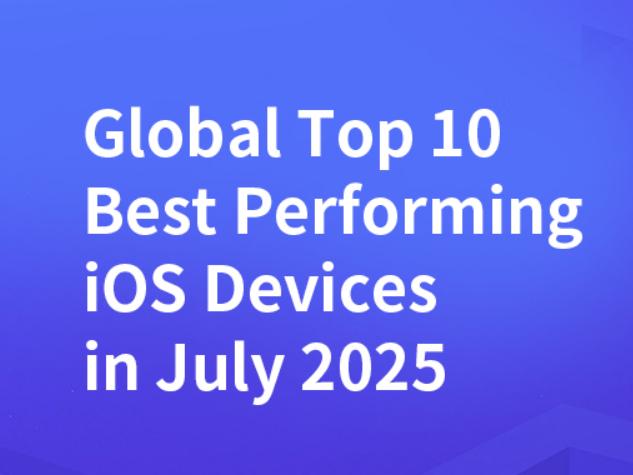Samsung and automation: a new level of smartphone mass produ
Ever wondered how Samsung manages to produce millions and millions of mobile devices while still keeping costs down? Well, Samsung is likely able to bring these costs even lower, as it plans to increase automation in its manufacturing process. According to Korean publication ETNews, Samsung has launched its “Gumi Project” earlier this year, which is aimed at reducing — and eventually eliminating — human involvement in manufacturing devices.

The project was actually launched in early 2012, although the Korean company is reportedly still finding ways to further reduce the need for human hands (and intellect) in producing its devices. For instance, while surface-mounting technology — which is a core smartphone manufacturing process — is now fully automated, there are still “feeder” processes that require human intervention, in particular changing the parts needed for SMT.
Additionally, inspecting the finished product or milestones leading to a finished product will still require visual inspection. This might be a bit more difficult to accomplish, as Samsung will need to replace human intelligence with algorithms that can spot defects or inconsistencies in the finished product.
According to reports, Samsung is planning to complete development of its Gumi Project by first half of 2014, and will implement it in a pilot program by second half of that year. To make it easier to implement the changes on Samsung's manufacturing facilities, the said changes will be launched as a platform, and the company's new factory in Vietnam (in Thai Nguyen) will initially implement the platform by 2015, with a target output of 120 million smartphones per year.
It seems Samsung is on its way to perfecting its manufacturing process, so far as removing, or at least minimizing, human intervention, which can be costly (and which can sometimes incur errors in judgment). As this will reduce the cost of device manufacturing, will it also mean cheaper smartphones and tablets for end consumers? What lessons will other brands and manufacturers pick up from today's top-selling smartphone brand?







